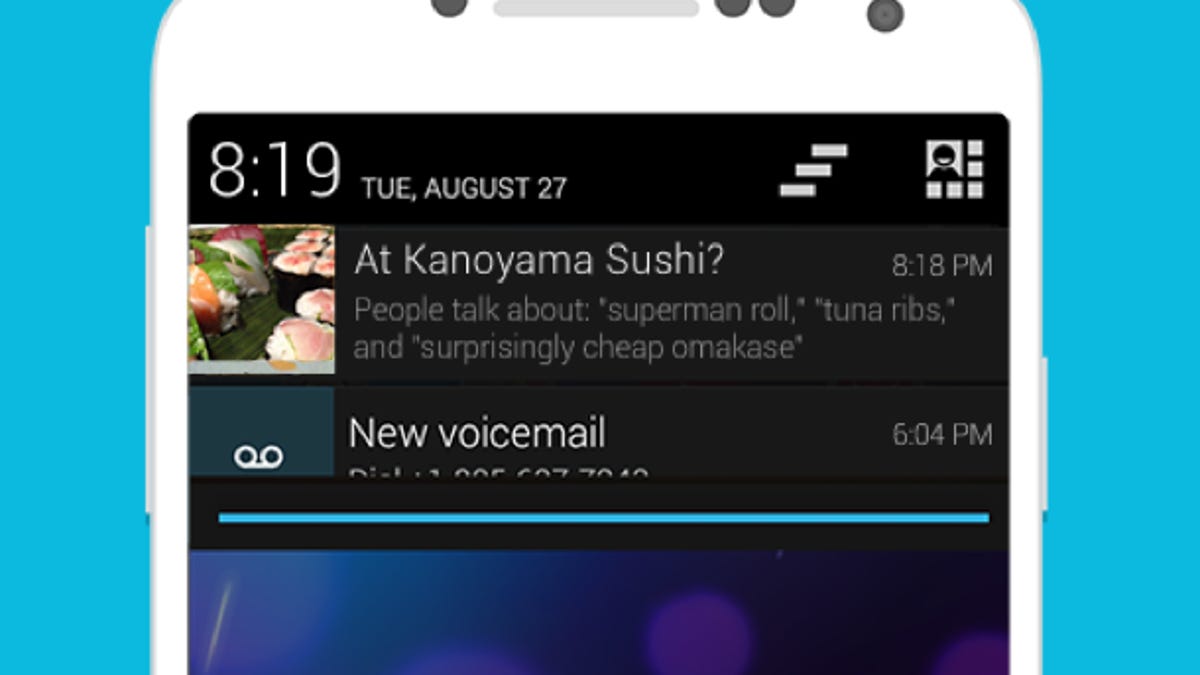Heading someplace new? Foursquare wants to give you the lowdown
Roughly 2,000 people will get a come-to-you interface for Foursquare tips, meaning they can go about their life, phone in pocket, and still uncover neighborhood treasures.

There's something magical about the "Dreaming Princess Cake" Dennis Crowley shared in a photo on Instagram earlier this week. For reasons unknown, Crowley is not ready to share what makes this cake so special. Instead, the Foursquare co-founder and CEO is prepared to put a version of his application into people's hands that he believes will give life to moments just as enchanting.
Thursday, the social network that pivots around places will make available a passive location feature to roughly 2,000 of its 35 million users and experiment with proactive recommendations. It amounts to a new, come-to-you interface for Foursquare tips, but one that works behind-the-scenes to consider a bevy of factors all while you go about your life, phone in pocket.
Foursquare is now good enough at ranking and sorting its trove of location data to tell people what's great about certain neighborhoods, cities, and places, minus the friction of actually opening up and using the app, Crowley told CNET.
"We've also gotten really good at passive geo...and geo accuracy, and battery life performance, so that as you walk into a place, you can spend a few minutes there and we can pop something up like, 'Oh, you've never been to this restaurant before. Your buddy Alex thinks that this is the best fried chicken that you'll find in all of downtown.'"
In theory, Foursquare is so familiar with your habits and tastes that it knows what you want before you do, especially when you're wandering into unfamiliar territories.
The location additive works in the background to detect when your device meanders into a geographic region and, after you've stopped for a bit, attempts to guess your exact whereabouts -- as in specific venue, not geo-coordinates. Then, the hidden tool will crunch some data to determine whether the place you're at is interesting. Finally, only once Foursquare is confident that it has something compelling to tell you, it will alert you with a push notification on what you should do, see, or try as suggested by other members' tips.
In many ways, the passive location feature represents the brains behind Foursquare's entire operation and is the 4-year-old, seemingly muddled startup's best shot yet at building a network with lasting significance.
"For the first time, we feel like we can show people all of the magical stuff that we've been working on for a long time," Crowley said.
Over the past 10 months, Foursquare has been working on its own geo-fencing and battery-management technologies. Crowley said that, on average, the passive location feature drains less than 1 percent of a device's battery life per hour.
"Early on at Foursquare, we knew if we could surface the right bit of content the moment you walked into a place because you checked in, that was magical. Now, we've got something that you just walk around...Just go someplace you haven't been."

